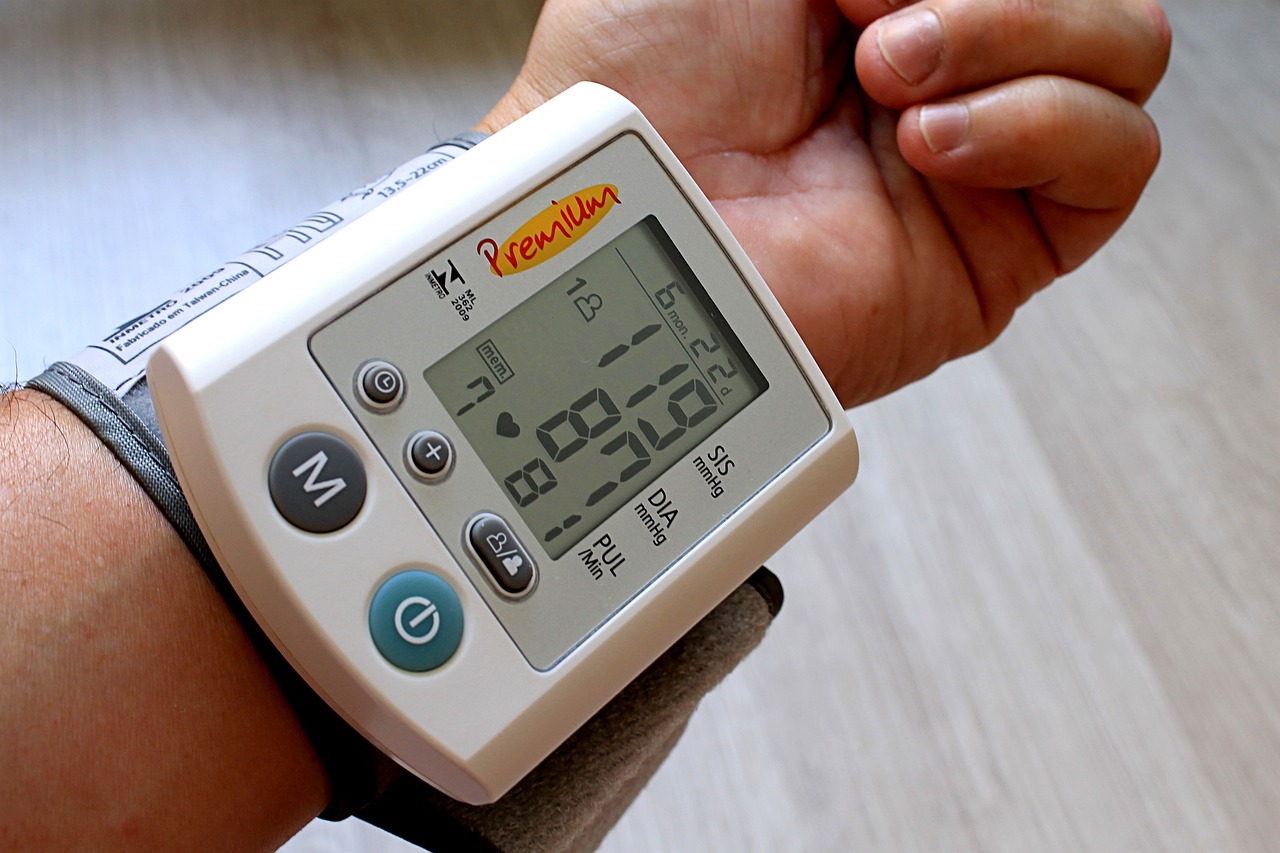Many people have this symptom: during the daytime or when there is enough light, the vision is normal, but at night or in a dimly lit environment, the vision is no different from that of a blind person, which is called “night blindness”. I believe that we are not unfamiliar with night blindness, which will bring a lot of trouble to the patient’s daily life, such as difficulty walking and driving a vehicle at night. Night blindness can cause a lot of problems to the patient’s daily life, such as difficulty in walking at night, unable to drive a car, etc. In this article, we will take you to understand what is night blindness, what are the symptoms, and whether it can be cured?
Night blindness, commonly known as “bird blindness”, is a kind of visual impairment, mainly manifested in the dark light environment or night vision significantly reduced, or basically no ability to see, mainly due to poor development of optic rod cells or vitamin A deficiency.
What are the symptoms of night blindness?
- Loss of vision at night or in dimly lit environments: People with night blindness are unable to see objects clearly at night or in poorly lit environments, and their vision is significantly reduced.
- Inability to adapt to low-light environments: When patients move from bright environments to dark places, their vision does not adapt quickly, making it difficult for them to see objects around them.
- Difficulty in walking at night: Night-blind patients may get lost, fall down or bump into obstacles when walking at night, as they are unable to see their surroundings clearly.
- Excessive light avoidance: The patient may avoid bright light because of a strong sense of glare or hypersensitivity, which may affect the night-blind person’s ability to move around in different light environments.
- Difficulty recognizing road or traffic signs: People with night blindness may have difficulty recognizing road signs, traffic signs, or other information necessary for driving at night, which can affect their safety.
- Early or delayed dark vision: In addition, people with night blindness may take longer to adjust to dark vision when switching from a bright environment to a dark one, or may be slower to regain vision when switching from a dark to a bright environment.
Can night blindness be cured?
Night blindness is generally related to hereditary disease, there is no more effective treatment, patients can wear protective glasses to help alleviate the symptoms.
Treatment for night blindness depends on the specific cause of the symptoms. Problems such as vitamin A deficiency or other nutritional deficiencies can be treated with appropriate vitamin A supplements or dietary modifications. In such cases, night blindness symptoms may improve or disappear as the cause is corrected.
For night blindness caused by genetic factors or eye diseases, such as retinitis pigmentosa, the treatment process may be more complex. Although there is currently no cure for some inherited eye diseases, regular monitoring, control of progression and appropriate therapeutic interventions can slow progression, reduce symptoms and maintain vision.
A number of complementary measures can also help people with night blindness to better adapt to low-light environments, such as wearing special glasses, using night-vision devices, and increasing lighting. These measures can improve night vision and reduce inconvenience and danger for people with night blindness.
What do people with night blindness eat more of?
For people with night blindness, it is very important to get the right amount of vitamin A in their diet, as it is essential for maintaining visual health. Here are some foods that are rich in vitamin A:
- Cod liver oil: Cod liver oil is one of the most important sources of vitamin A. It is also a good source of vitamin A.
- yellow or orange vegetables: carrots, pumpkins, red peppers, sweet potatoes, etc. are rich in beta-carotene, which is a precursor to vitamin A and can be converted to vitamin A.
- green leafy vegetables: spinach, kale, beet leaves and other green leafy vegetables are rich in chlorophyll and vitamin A.
- Fruits: Citrus fruits, apricots, raisins, etc. contain high levels of vitamin A.
- dairy products: milk, yogurt, cheese and other dairy products are rich in vitamin A.
In addition to vitamin A, a number of other nutrients are beneficial to visual health, including vitamin C, vitamin E, and zinc. These nutrients are found in fresh fruits, nuts, seeds, whole grains, meats and vegetables.
While moderate intake of these foods and nutrients may help maintain healthy visual function, please note that for those who have been diagnosed with night blindness, diet alone will not completely cure the symptoms. It is important to seek medical consultation and follow your doctor’s recommendations for comprehensive treatment and management.
Precautions for people with night blindness:
Avoid nighttime activities: Try to avoid activities that require clear vision in dimly lit or nighttime environments, such as driving a vehicle or engaging in outdoor nighttime activities. If you must go out at night, try to use auxiliary light sources or aids such as night vision devices.
Increase lighting: Ensure adequate lighting in your home, office or other indoor environment to improve your vision. Use bright lights and appropriate lighting such as table lamps, wall sconces or floor lamps.
Eat a balanced diet: Maintain a balanced diet with adequate nutrients, especially foods rich in vitamins A, C, E and zinc. Following a healthy diet is important for maintaining visual health.
Prevent glare: For people with night blindness, glare can exacerbate symptoms. Try to avoid direct exposure to bright lights, such as sunlight or high beams from vehicles, during the day and at night.
In conclusion, although night blindness symptoms may not be completely curable, with appropriate treatment and management, many patients can effectively control their symptoms, reduce their impact, and improve their quality of life. The views expressed in this article are personal, and it is important to pay attention to early medical consultation, seek professional medical advice, and undergo a thorough eye examination in order to determine the cause of the condition and develop the best treatment plan.



